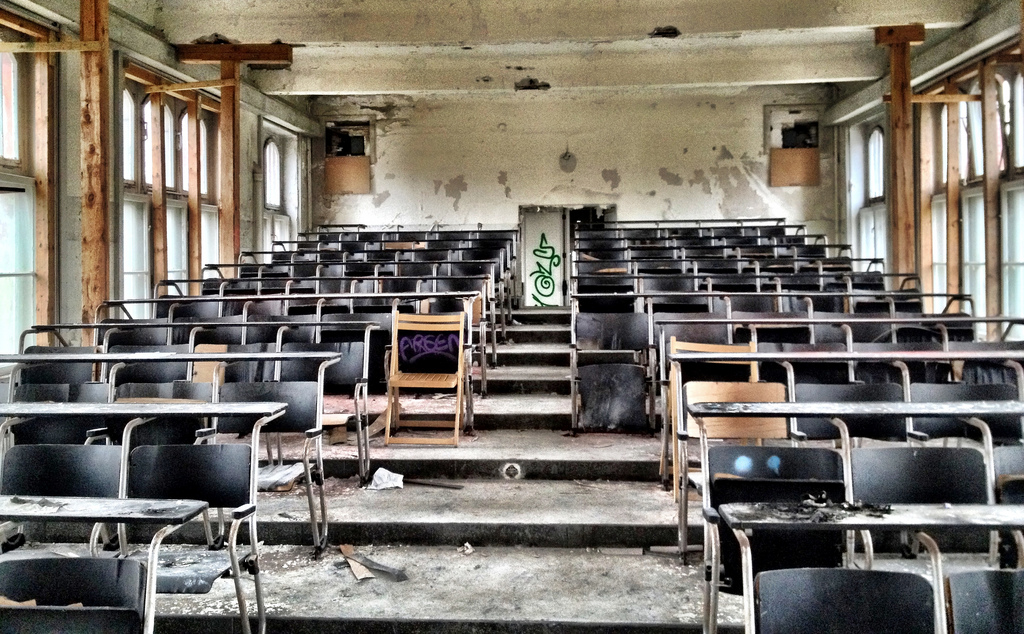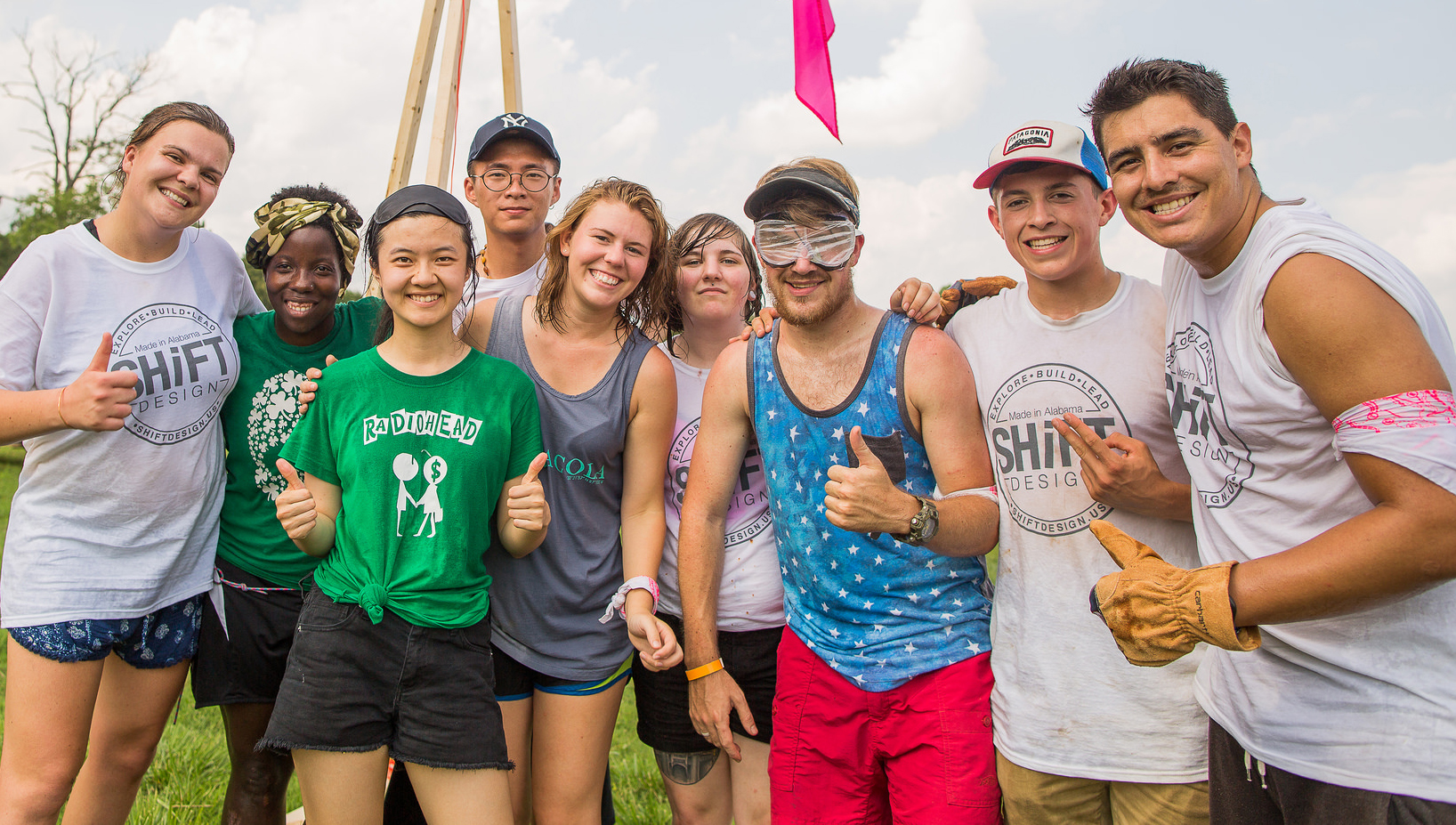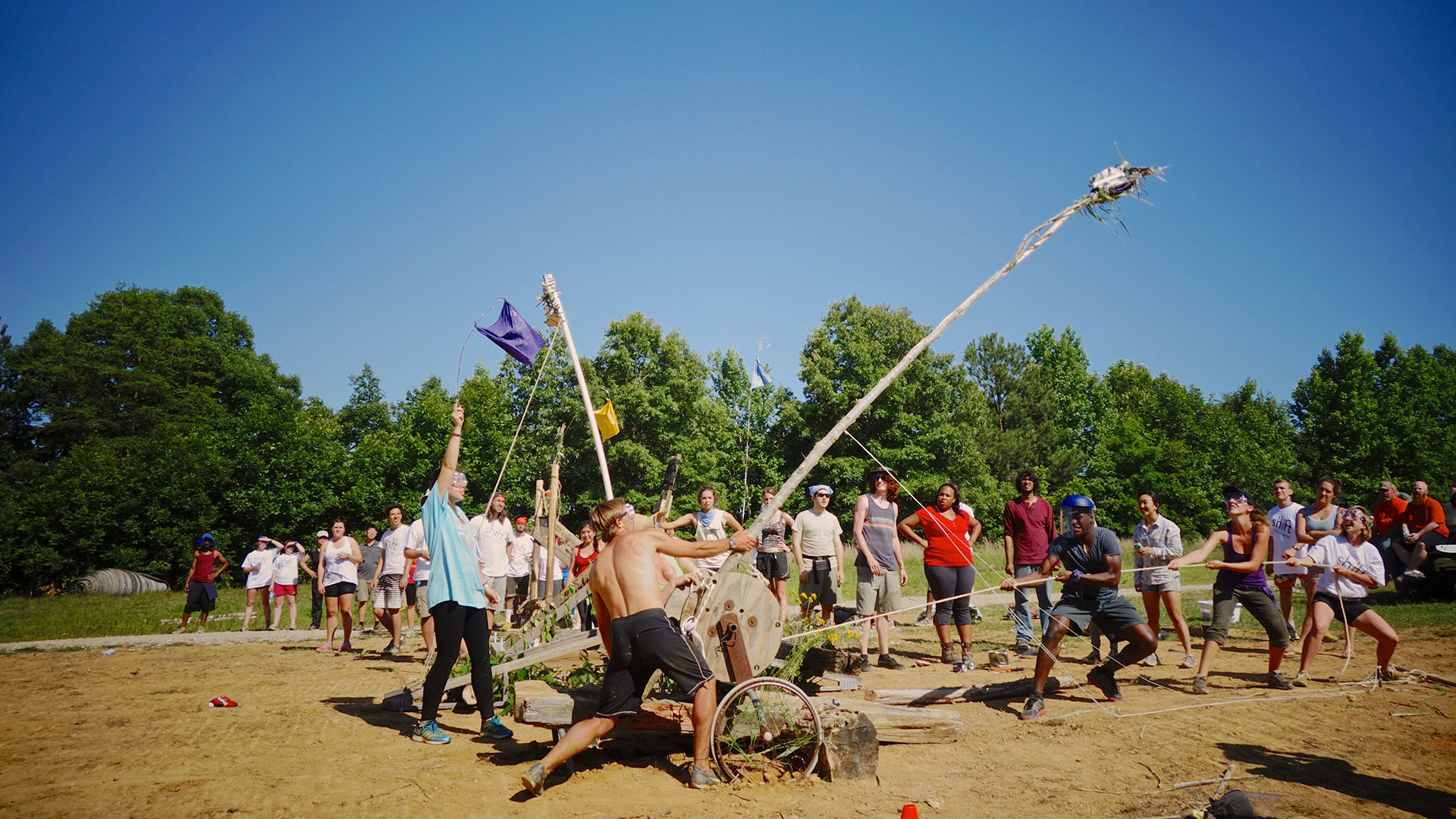
Is EDU Dead?
Is higher education truly preparing graduates for the challenges of the real world? This question has begun to plague college administrators as they struggle to make college more relevant, affordable and practical. Students are reminded daily that perhaps a college degree is not all it was promised. Many of today’s most successful entrepreneurs did not finish college including Mark Zuckerberg, founder of Facebook; David Karp, founder of Tumblr; Marc Ecko, founder of Marc Ecko Enterprises and Jake Nickell, founder of Threadless. These entrepreneurs have amassed vast fortunes by staking their claim on the world. Meanwhile, colleges are grappling with an education system that is perhaps out of date as it struggles to remain impactful.
Higher education has some serious issues. Enrollments are down at most universities across the country, and many are relying on large foreign populations to prop up their student bodies. Qualified traditional student populations are on the decline and will continue to fall over the next decade. The cost of higher education is on the rise while access to state and federal aid is on the downturn. The U.S. government is placing ever-increasing restrictions on higher education as it tries to rain in some for-profit institutions that are behaving poorly. Technology has allowed access to a host of non-traditional students in inexpensive models that don’t have the burden of highly paid faculty and brick and mortar campuses. There is also severe competition between providers of non-traditional education models where certificate programs are augmenting secondary education and organizations have begun to offer additional non-degree programs that allow learners to enhance and update their skills.
It is no longer acceptable for a graduate to emerge with excellent skills in their primary discipline. They must also have a variety of attributes to enhance this experience. Students must have entrepreneurial skills but also the ability to work collaboratively with a host of other disciplines. They must have a deep understanding of culture and the ability to conduct business with a variety of global partners, vendors, and clients. Additionally, they need to understand how the entire company works and show promise as a leader. Many employers will no longer take a chance on recent graduates fearing their lack of knowledge depth.
The next generation of college students is now maturing to college age and bring with them another set of demands that are going to impact higher education. There are currently 68 million students in Generation Z. These are true digital natives that send more than 100 texts a day and spend more than 7.5 hours a day in front of a screen. They were early adopters of social media and now see it as essential to their social interactions. They have grave concerns about our planet and humans impact. They overwhelmingly believe that businesses should make “doing good” central to their mission. They are most comfortable with learning in quick sound bites including watching lessons online and using social media to conduct assignments. 50% of them attend a middle or high school that offers classes on how to start and run a business. They see volunteer work as a means to gain valuable work experience. Generation Z has a global perspective because access to technology has opened windows to international issues, values, and cultures. To meet the needs of this new generation of student’s colleges and universities will need to adapt to their digital world. New models of delivery and engagement are required. This generation of students will expect the ability to study and collaborate with diverse communities in diverse locations around the world.
To meet these challenges educators will need to provide a variety of unique learning opportunities that not only prepare quality practitioners but also prepare them for a variety of experiences found both in and out of the classroom. Opportunities for students to gain practical workplace skills should guide the curriculum. Challenging them to solve real problems, for real clients on real deadlines and challenging them to meet real marketplace metrics will best accomplish this. As professionals, graduates will be forced to work with a variety of practitioners across many disciplines. Designers, engineers, scientist, and businesspeople will work together to solve the world’s problems. Don Norman, Author of The Design of Everyday Things, describes them this way, “This new breed must know about science and technology, about people and society, about appropriate methods of validation of concepts and proposals. They must incorporate knowledge of political issues and business methods, operations, and marketing”. Collaborative learning on real projects will expose students to these critical skills, help them build their team working abilities and gain empathy and knowledge.
Real cultural understanding in graduates is imperative. Upon landing their first job, graduates will encounter a foreign partner, vendor, manufacturer or client. Our global interconnectedness requires the ability to work across a variety of cultures and a deep understanding of business practices around the world. The best way to gain this empathy is to expose them to different cultures with study abroad opportunities. Future students will be more diverse, tech-savvy and hungry for real entrepreneurial skills. Deliver models must, therefore, meet their needs while at the same time emulating the workplace.
At Aether, we believe we have the answer. Aether will provide a co-curricular experience for college graduates intended to enhance their understanding of the world, how they fit into it, and how through collaboration they can impact people’s futures. Aether desires to fill the gap between college and university education and full-time employment, giving graduates of Aether a considerable advantage in the marketplace. In a project-based approach (real projects, real deadlines, for real clients), Aether will provide a finishing experience intended to prepare them for leadership in the global economy. Students from Design, Engineering, Business and Social Science will engage in a series of 12-week intensive collaborative experiences intended to finish their preparation for the real world. Aether will emphasize making, collaboration, developing leadership, empathic learning and community building. Sponsored projects will make up a significant portion of the curriculum where students will be challenged to solve real business problems. Multiple weeks of international study abroad, off-campus domestic study, field trips and a series of workshops intended to provide them with a broad base of practical experiences will supplement their learning. Through this process, Aether will prepare graduates ready for work and ready to tackle the world’s’ toughest problems.
Tom Gattis
Director and COO
Aether Global Learning
Check out other previous events:

SHiFT Camp: Mishmash
SHiFT / CAMP
Let’s celebrate the incredible diversity of cultures that define and inspire humanity. Society evolves as ever-changing cultures are shared and learned. We enjoy them, we work in them, we travel through them, and we outgrow them. The ability to connect and embrace dozens of different cultures will allow you to be adaptable and stay relevant…. Read More…

Control + Retreat: Alabama
SHiFT / CAMP
The first SHiFT event back in 2013. The magic reset. All you have to do is hold down SHIFT/CONTROL/DELETE to start it all over. But you can’t really delete all that has happened in your life. You can’t just put everything on hold forever. But you can take some time to step away and reevaluate… Read More…

Disruptive Collaboration
SHiFT / LAB
Working with the MBA program from Otterbein University, Aether presented a 2-day LAB – Disruptive Collaboration: a primer on lean research and strategy. The intent was to help the MBA students understand the value design has across the organization and provide them with tools for disruptive collaboration. Starting with Aether’s Pre-search™ tool, participants examined how… Read More…